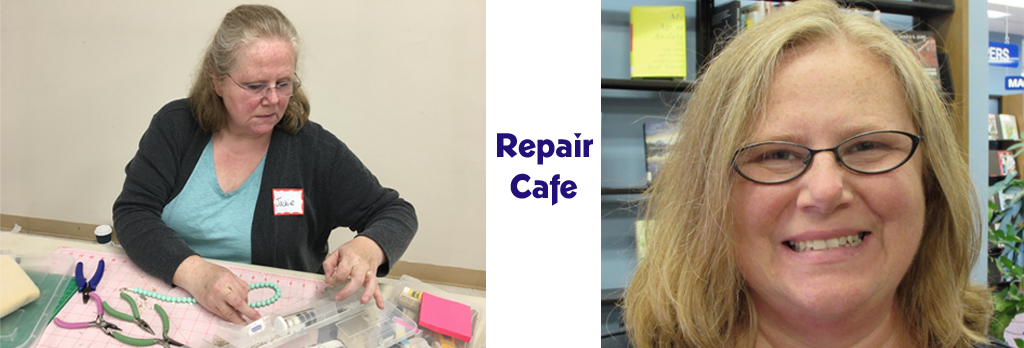Repair Cafe and the Right to Repair Movement. Jackie Carter, Part Two

The Right to Repair movement advocates against manufacturers’ policies requiring consumers to return items for repairs, which can be costly. Many people may not know about planned obsolescence, where products are intentionally designed to fail after a few years, forcing consumers to replace them. This concept is often accepted without question, but consumers shouldn’t have to deal with such practices

Great work!
Oh thank you so much Andrew! I’m glad you enjoyed the podcast.